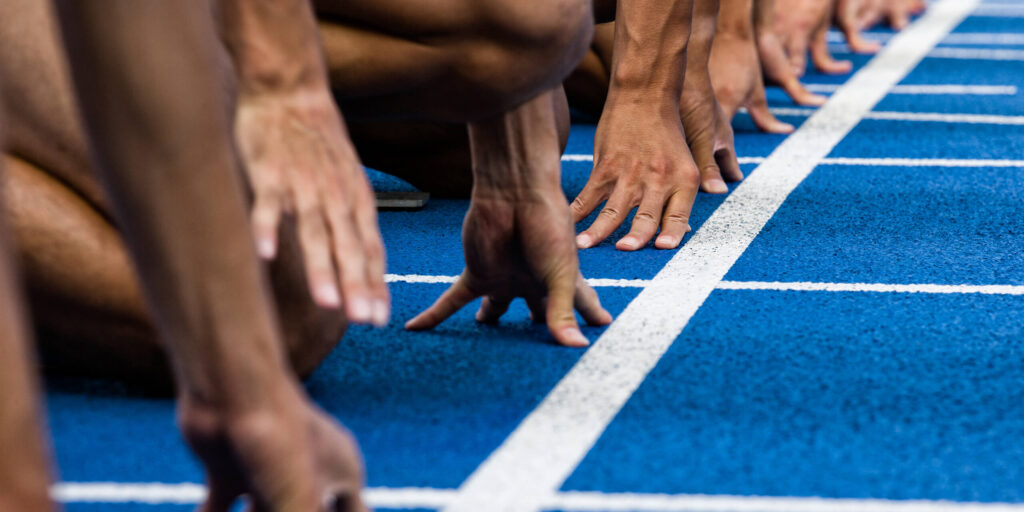Over the years, sports have been a vehicle for driving social awareness and change, inspiring all ages who watch and follow, while also providing a platform for athletes to voice their opinions and beliefs.
Back in 1968, Olympic audiences witnessed one of the most iconic moments in sporting history. Two Black American athletes, Tommie Smith and John Carlos, raising their black-gloved fists during the playing of the U.S. national anthem on the podium after winning gold and bronze medals from their 200m final. This silent gesture in protest for human rights forced fans to pay attention and has been etched into the history books forever.
The Tokyo Summer Games and Activism
As the Summer Olympic Games in Tokyo begin, there is much focus on the IOC’s policy prohibiting athletes from any form of political, religious or racial expression on the podium, field-of-play, and opening ceremonies. Their stated goal, under Rule 50 of the Olympic Charter, is to ensure the Games are neutral and free from any form of propaganda and the focus remains on the athletic performances. Under Rule 50, Olympic athletes risk disciplinary action from the IOC and their own national teams if they choose to express their activism outside of designated areas, such as press conferences.
Just a few weeks ago, U.S. hammer thrower Gwen Berry sparked a new activism debate at the U.S. Olympic trials after turning away from the flag while the national anthem played and displaying a black T-shirt, which read “Activist Athlete.” Thus far, the IOC and U.S. national team have not penalized Berry.
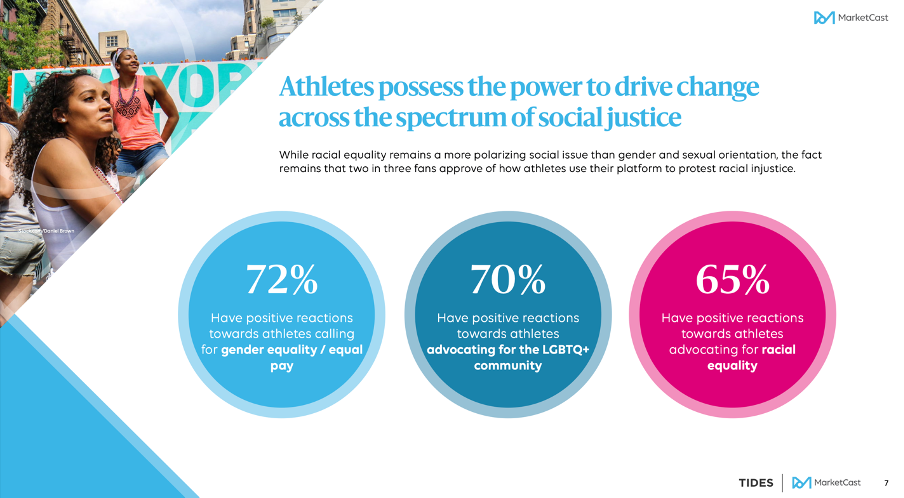
Sports Fans are Supportive of Athlete Activism
While much of today’s media conversation focuses on fans being divided on the issue of athlete activism, MarketCast’s research suggests fans across demographics are supportive of athletes standing up for social justice causes. In fact, according to our recent Athlete Activism study, 31% of sports fans have researched or changed their stance on an issue of social justice after it was brought to their attention by one of their favorite athletes.
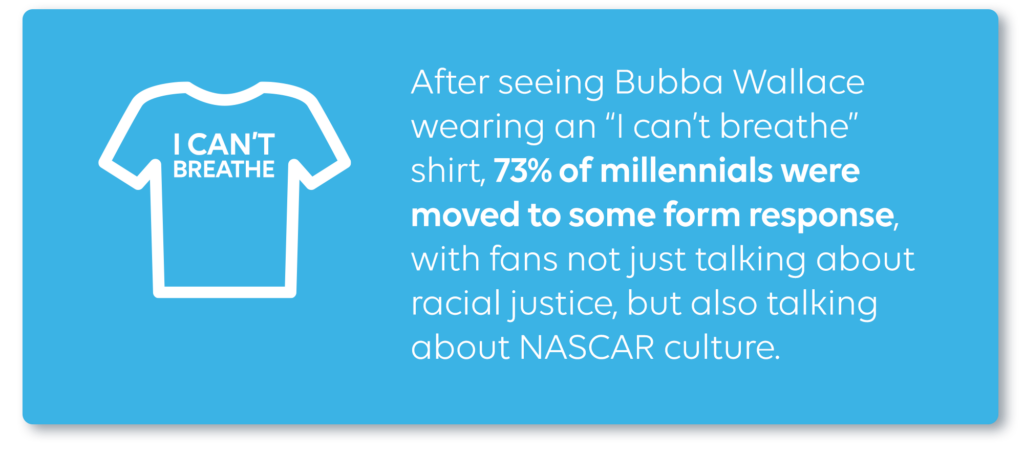
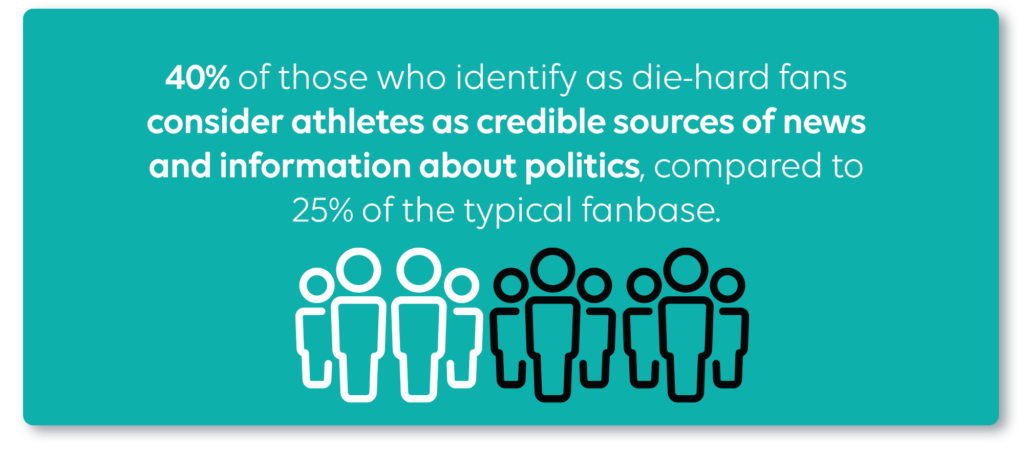
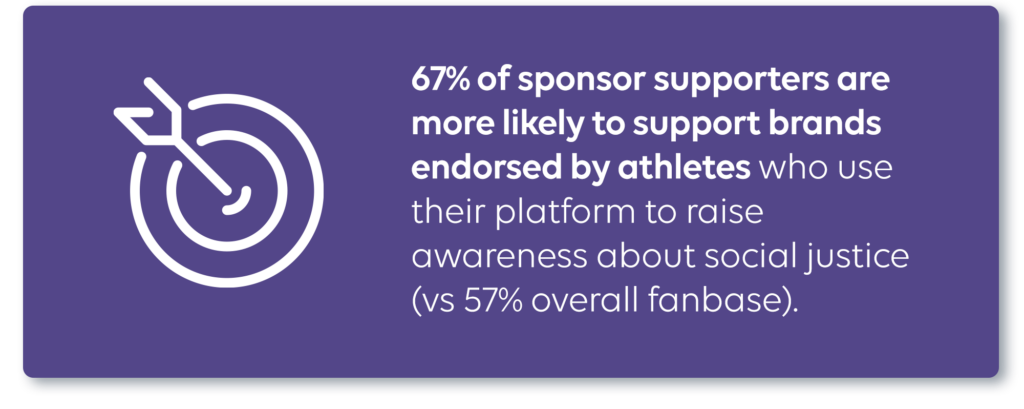
Choosing to display activism is very personal choice for athletes. As sports fans ourselves, we look forward to cheering them on at the Summer Games and we’ll be following how athletes from around the globe choose (or not) to display their support for social causes. Let the Games begin.
For more insight on our Athlete Activism Study, you can download the full report here.

